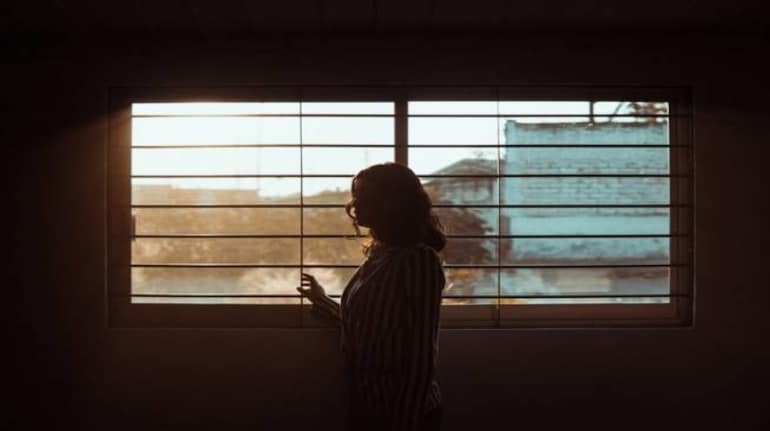
So we sit like Scrooge counting all our money these days. We haven’t done this in a long while; add up all our assets and delete all our liabilities. Now we know how much we have in savings, down to the smallest change. We never had to do this before, see what stood between us and total starvation. The virus has brought money, or a lack of it, sharply into focus. Are we in the red or in the black or somewhere so in the middle a new colour was created just for us?
We can barely recognise ourselves in old selfies; laughing drunkenly in some bizarre new bar with people we don’t text anymore. In our memories from this year itself we were different people, people who vaguely knew they were financially comfy, without having to count every fixed deposit.
The good news is our expenses are down. No parties to be hosted, no foreign holidays, not even a birthday gift to be purchased. We realise how frugal our meals are, how affordable, especially when lobster and avocado go missing from the market shelves and our diet. We won’t have to eat our family members out of sheer hunger in the foreseeable future.
The bad news is that we miss spending our money. You know, that metal moth we saw in a back-alley shop on one of our rural getaways; how we loved buying it and hanging it on our garden wall, and casually bringing up the story of where we saw it first. If making money was a joyless affair, spending it was always a thrill. We don’t get the same pleasure out of shopping today; the virus has been a buzz-kill. We do wander online, adding to the cart, but a little voice in our heads nags us constantly: ‘Do we need this, do we really need this?’
Previously the world fit into our wallet. Maybe we couldn’t plan a trip to the moon, but most nooks and crannies of the planet were just a plane ticket away. Now all package tours are home-bound. We are making our way back; back to where we belong, back to our families, back to those we love…
All of us have had to give up our extravagances, our little sins, our dark pleasures. If not pay-cuts or joblessness, there’s the knowledge of utter penury killing millions on the streets. These are somber times, yes, but also a period to set the frivolous and the fancy apart from bare necessities. While ABBA sang to us in our childhood, money, money, money… it’s a rich man’s world, our teachers did say in that boring way of theirs, health is wealth.
In the end, it is not about cash. We are down to the only prized possession we have – ourselves. This body, this mind, this heart, this health, this mouth, these words. Beyond real estate and pay packets stand the real us, alone and alive. It’s no more a matter of how much we have, but how long we have.
Shinie Antony is a writer and editor based in Bangalore. Her books include The Girl Who Couldn't Love, Barefoot and Pregnant, Planet Polygamous, and the anthologies Why We Don’t Talk, An Unsuitable Woman, Boo. Winner of the Commonwealth Short Story Asia Prize for her story A Dog’s Death in 2003, she is the co-founder of the Bangalore Literature Festival and director of the Bengaluru Poetry Festival.
Discover the latest business news, Sensex, and Nifty updates. Obtain Personal Finance insights, tax queries, and expert opinions on Moneycontrol or download the Moneycontrol App to stay updated!